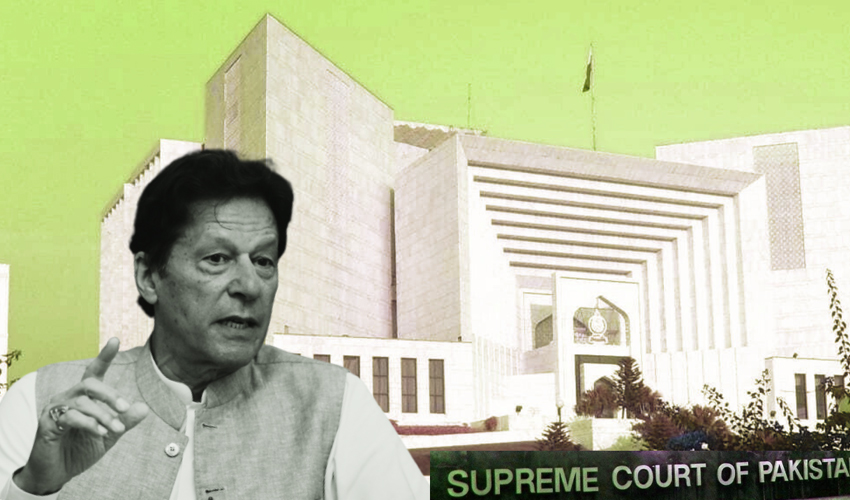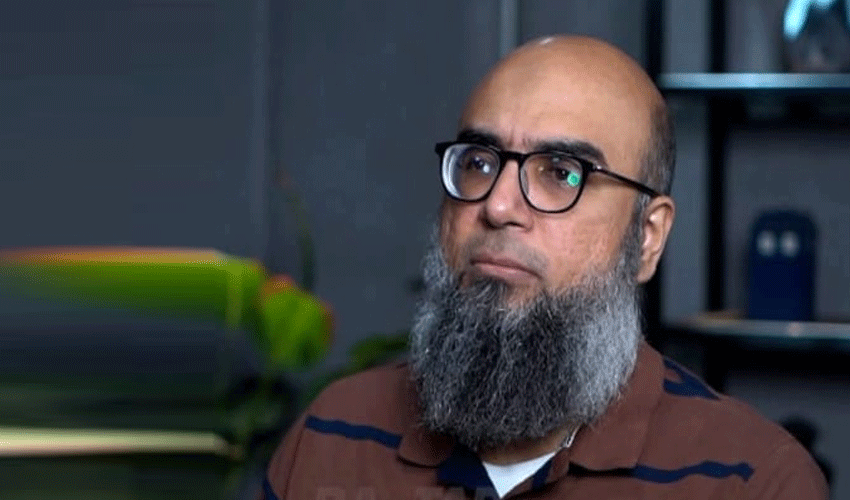Former prime minister and Pakistan Tehreek-e-Insaf (PTI) founder, Imran Khan, has taken his fight to contest the upcoming elections to the Supreme Court, challenging the rejection of his nomination papers in two constituencies.
Appeals have been filed on behalf of Khan, seeking to overturn decisions made by returning officers, the election tribunal, and the high court.
The appeals pertain to the NA-89 and NA-122 constituencies, where Khan's nomination papers were initially rejected based on his disqualification under Article 63(1)(h) of the Constitution. This article deals with disqualification for holding an office of profit while being a member of parliament.
Khan's legal team argues that the notification of disqualification itself is invalid. They contend that disqualification under Article 63(1)H requires proof of "moral culpability", which, they argue, is absent in Khan's case. His conviction in the Toshakhana case, they claim, does not hold moral grounds and should not be a basis for disqualification.
Therefore, the appeals request the Supreme Court to declare the decisions of the returning officers, the Election Tribunal, and the High Court null and void. This would pave the way for Khan to contest the elections from the aforementioned constituencies.
Khan's legal challenge comes amidst heightened political tensions in Pakistan leading up to the crucial elections. The PTI's claim of unfair disqualification adds another layer of complexity to the electoral process. The Supreme Court's decision on these appeals will be closely watched, as it could have a significant impact on Khan's political future and the overall outcome of the elections.



























